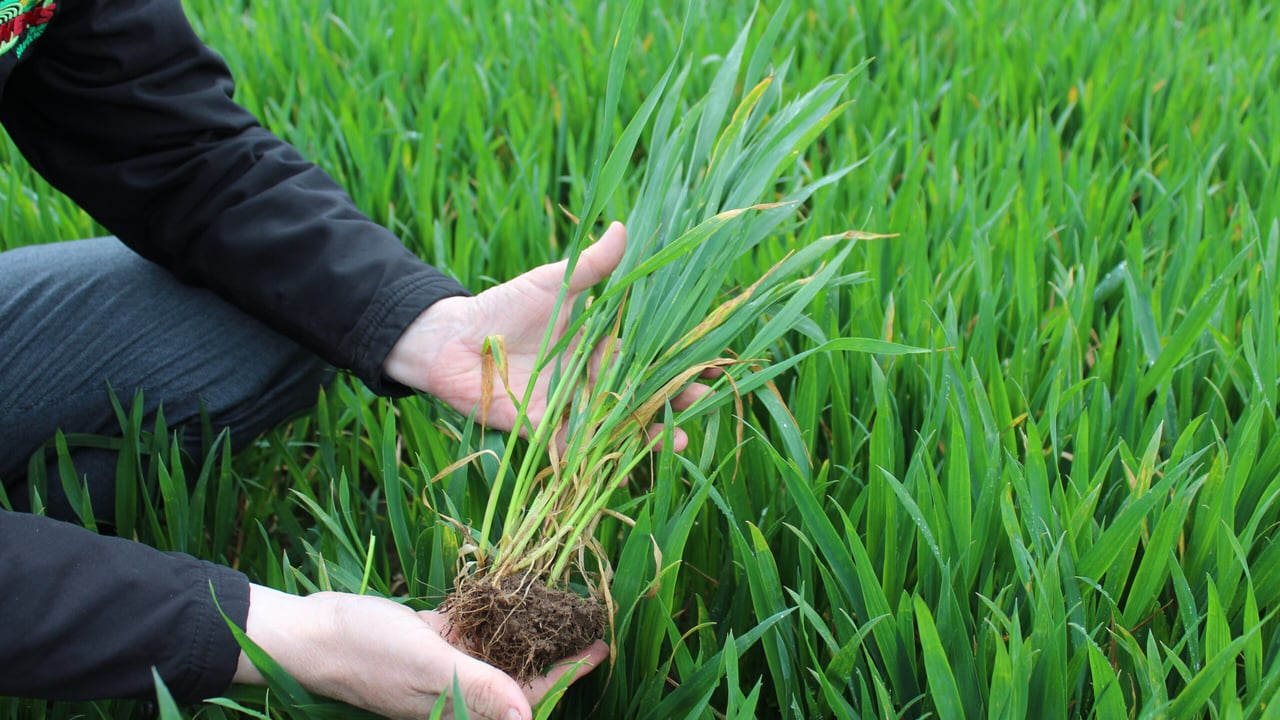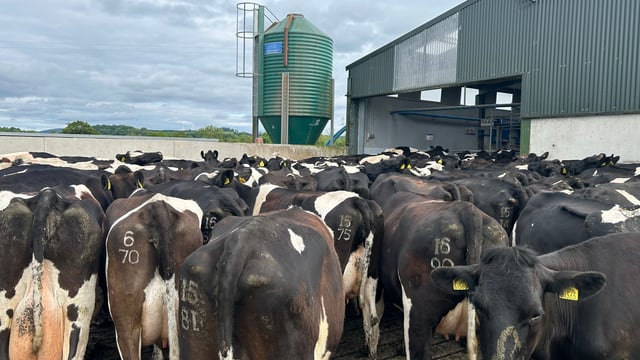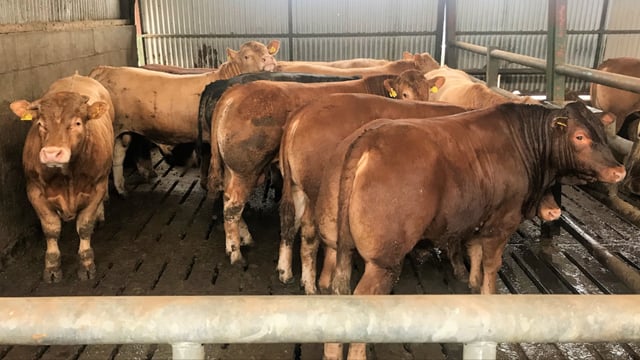Winter wheat crops looking healthy in south-east - agronomist
Cooney Furlong agronomist, George Blackburn, has said that winter wheat crops in the Wexford area have remained disease-free up to this point, for the most part.
But this could all change over the coming weeks. Septoria is the key disease threat for wheat and pressure will invariably build in this regard as the growing season progresses.
According to Blackburn, keeping the canopy clean will be the objective for growers at all times over the coming weeks.
Invariably, making this happen will require a four-spray fungicide programme: T0, T1, T2, and T3.
“We are coming into an important management period with the onset of stem extension," Blackburn told Agriland.
“At this stage in the season, it’s all about managing the canopy - we don’t want to drive it too mad with nitrogen.
“This will only increase septoria pressure. It has been the best spring in living memory from the point of view of farmers getting work done.”
The Cooney Furlong representative went on to point out that wheat crops sown out last autumn using a 'min-till' system had access to a fair amount of plant available moisture at those lower soil depths during the recent dry spell.
“Crops of winter wheat in the Wexford area are now at Growth Stage 31. This means that a T0 fungicide and a plant growth regulator can be applied," Blackburn said.
“Normally at this stage, septoria would be evident on the lower leaves of winter wheat crops. However, this is not the case at the present time.
“So, we are coming from a good place, where overall disease control measures are concerned. And it’s still quite cold at night. So crops are not walking out of the ground. Neither are we getting big uptakes of nitrogen.
“The next couple of weeks will see the applications of T1, T2 and head spray fungicides at the correct growth stages.”
Blackburn also confirmed the significant yield potential of winter wheat crops at the present time.
“It’s all about getting the work done in a timely fashion," he said.
“Most wheat crops got a great start last autumn. Establishment is everything. Growers can maximise a crop’s full potential when working from a good base."
The agronomist emphasised the vital role of crop management decisions in ensuring a healthy crop.
“Every crop starts with a potential of 100. So it’s up to growers to make the right decisions throughout the growing season to try and stop the needle from falling backwards.
“We can’t control the weather. So, crop management decisions must be taken so as to alleviate risk,” Blackburn added.





